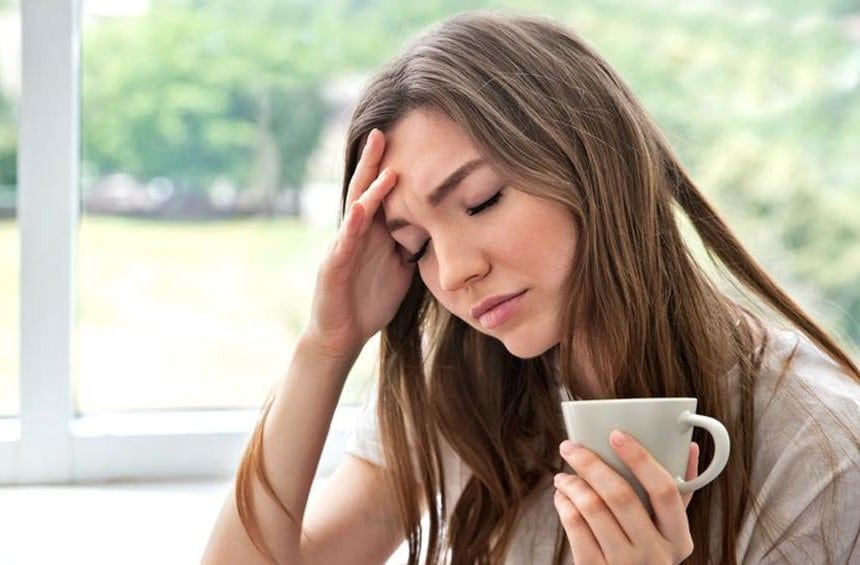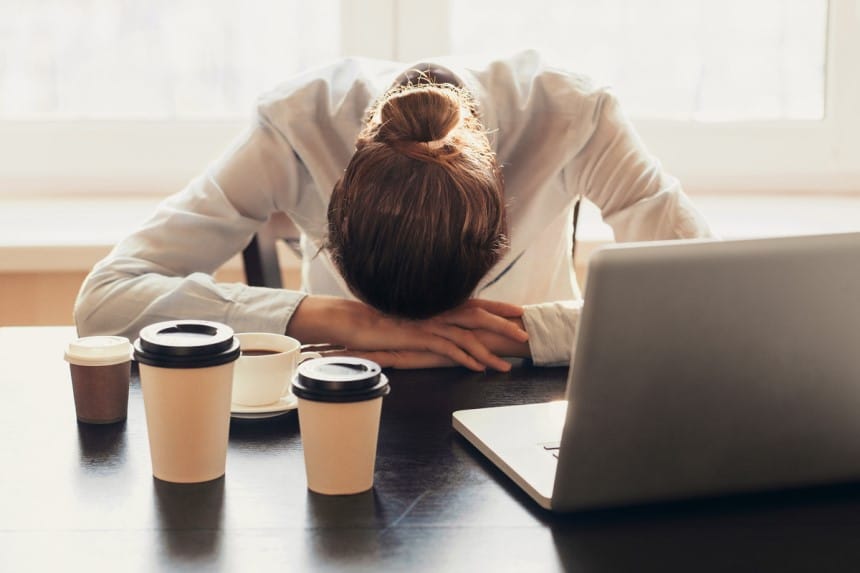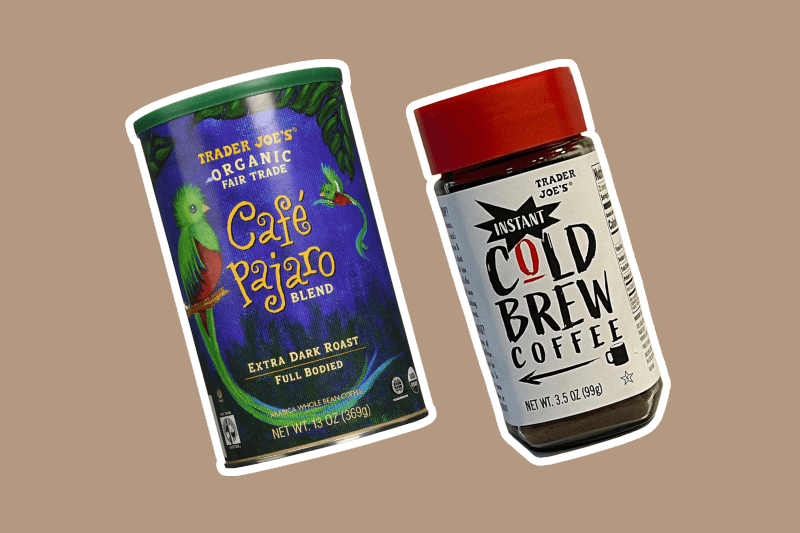

If you ever feel dizzy or lightheaded after enjoying a cup of coffee, you shouldn’t be alarmed right away. Dizziness which can be described as unsteadiness, light-headedness, or giddiness, could result from various sources, including motion, an injury, illness, or medication, however, it can also be caused by consuming too much caffeine. If you drink several cups of coffee a day, you may likely experience some dizziness at some point.
If you have ever stated that coffee makes me dizzy Trusted Source The invisible addiction: is it time to give up caffeine? | Coffee | The Guardian Caffeine makes us more energetic, efficient, and faster. But we have become so dependent that we need it just to get to our baseline. www.theguardian.com , you will want to pay attention to the facts in this article. Here we will discuss why coffee can sometimes cause dizziness and what you can do to prevent this sensation from occurring.

Caffeine is a chemical that is found in nature in various plants, including coffee beans, kola nuts, and tea leaves. This chemical substance can also be created artificially. Caffeine is added to various food products, including most sodas. It is the main ingredient found in over-the-counter stimulants to help keep you awake, and it is found in energy drinks as well.
Caffeine-based stimulants can provide users with a temporary burst of energy that can help them stay alert and focused. However, too much caffeine consumption can also have unwanted side effects such as dizziness.
Individuals react differently to the adverse effects of caffeine. So one person may be affected after drinking three or four cups of coffee, while another person may not start feeling the side effects of coffee until their sixth or seventh cup.
Caffeine, like any other stimulant, reduces blood flow to our brains. That is why many people feel dizzy if they consume too much.
If you are wondering why coffee makes me feel dizzy or lightheaded, here are a few reasons why caffeine may make you dizzy.
Caffeine addiction Trusted Source Coffee addiction: Do people consume too much caffeine? US officials are investigating the safety of caffeine in snacks and energy drinks, worried about the “cumulative impact” of the stimulant – which is added to a growing number of products. Is our tea and coffee-fuelled society too dependent on the world’s favorite drug? www.bbc.com can cause you to feel dizzy or lightheaded. Since caffeine is a stimulant to the body’s central nervous system, it produces the same happy effect in our brains as other stimulations such as alertness, energy, and a sense of well-being.
Sometimes coffee drinkers may be more sensitive to the effects of caffeine than others. This will cause their brains to become more dependent on caffeine than they would other individuals. Becoming caffeine-dependent can be contributed to many factors, but it is also believed to be influenced by genetics. Because it tends to cause addiction, caffeine is especially dangerous for teens and small children.
Caffeine tolerance occurs when the effects of caffeine decrease with regular consumption of sodas or coffee. Tolerance to caffeine and its effects can be seen with blood pressure levels, exercise performance, and mental alertness or performance.
Caffeine is a stimulant found in sodas, coffee, and tea. It provides a temporary burst of energy by increasing the chemicals in the brain that improve mood, enhance focus, and fight off fatigue. For that reason, many people will use caffeine to help them get their day started or to assist them during the mid-afternoon crash.
Since caffeine works by blocking the adenosine receptors in the brain, it also blocks sleepiness and cognition while increasing the release of chemicals that decrease fatigue and improve alertness.
According to studies performed several years ago, consuming caffeine can increase your body’s production of adenosine receptors, thus causing adenosine to bind to those receptors, leading to caffeine tolerance.
Because coffee contains caffeine, the beverage is considered a stimulant. Caffeine is a stimulant, meaning it is a drug that stimulates or increases the activity of the brain and nervous system. Caffeine can be found in many drinks, and it is also found in chocolate. Since caffeine is stimulating, it is recommended that women who are pregnant, athletes, and children should minimize their intake of coffee, sodas, and energy drinks.
Caffeine is easily absorbed by the body, and the short-term effects of the stimulant are typically experienced between the initial five to thirty minutes after consumption. These effects include increased breathing, fast heart rate, and an increase in mental alertness as well as physical energy. Depending on the person, these effects may last for as long as 12 hours.
Drinking coffee when your stomach is empty can cause damage to your stomach lining over time. It can also lead to issues such as heartburn and indigestion. When you drink coffee without food, you may increase your anxiety levels and even hinder your ability to focus on tasks. To experience all the positive effects of drinking coffee, it is recommended that you try drinking caffeinated beverages Trusted Source The Big Number: Drinking 1 or more cups of caffeinated coffee could reduce your heart failure risk - The Washington Post Decaf did not have the same effect. The conclusions were reached after looking at three major studies that together had followed 21,361 U.S. adults for at least 10 years. www.washingtonpost.com either mid-morning or in the early afternoon after you have eaten.

When you drink too much coffee, you may be taking in too much of a good thing. Too much caffeine can cause a variety of medical problems, such as high blood pressure, which is a precursor to heart disease. It can also cause unwanted side effects such as headaches, abnormal heartbeat, shakiness, and, as we’ve already mentioned, dizziness.
It’s recommended that we drink at least 8 cups of water per day. If you are only drinking coffee and you are experiencing dizziness, it could be because you are not drinking enough water. You should always drink water along with coffee to help prevent dehydration. Coffee is a known diuretic, which dehydrates the body. Therefore in the morning, before you have your first cup of coffee, you should start by drinking a cup of water first. It’s a good rule of thumb to drink at least two cups of water for every one cup of coffee or other caffeinated beverage you consume.
If you are experiencing dizziness and light-headedness whenever you drink coffee, there are a few things you can try to help ease those unwanted issues. Anyone who has wondered why coffee makes me tired and dizzy should pay attention to these tips.
It may seem like a logical solution, but we all know it can be difficult to give up on the one beverage that helps keep you going each day. While you don’t have to stop cold turkey, it is a good idea to cut down on your coffee consumption and your caffeine intake overall and see if that helps reduce your dizzy episodes.

Staying hydrated is the key to staying healthy. If you are taking in more coffee than water, it is time to switch up your routine. If you are not drinking enough water, you are already at risk of becoming dehydrated. And if you are drinking coffee or other beverages that are high in caffeine, the stimulant will only make your dehydration worse.
It’s important for anyone who consumes a large amount of caffeine also to take a Vitamin D supplement. Caffeine inhibits the vitamin D receptors in the body, which can limit the amount of the vitamin that is absorbed. Since Vitamin D is vital in the absorption and use of calcium by the body, too much caffeine could contribute to a decrease in bone mineral density. So along with dizziness, the stimulant could also be a factor in osteoporosis.
Although there is no effective remedy that will eliminate caffeine from your system, aside from waiting it out or decreasing your caffeine intake, exercise has been proven beneficial in effectively reducing the side effects of caffeine. If dizziness is becoming a problem after you drink your morning coffee, you can fight off the negative side effects by drinking plenty of water, going for a walk, or eating more foods that are fiber-rich.

Anyone who experiences dizziness or light-headedness after they consume their morning cup of coffee or other caffeinated beverages should take steps to find out what the cause of their problem is. If you have decreased your coffee intake, started drinking more water, and begun a Vitamin D supplement, yet you are still experiencing dizziness, it would be best to consult with your family physician for more information. We hope that anyone who has ever wondered why coffee makes me dizzy has found a useful solution to their problem by reading this article.





